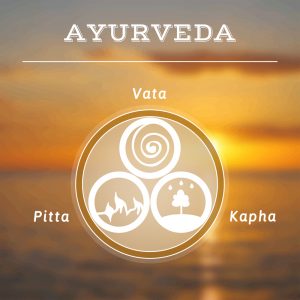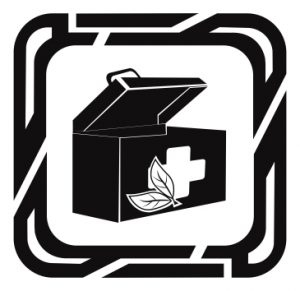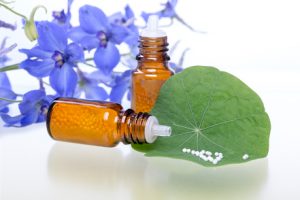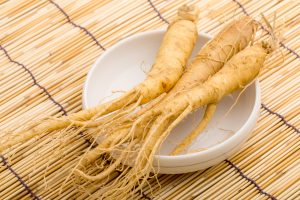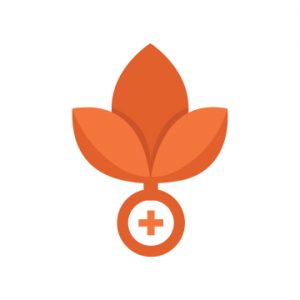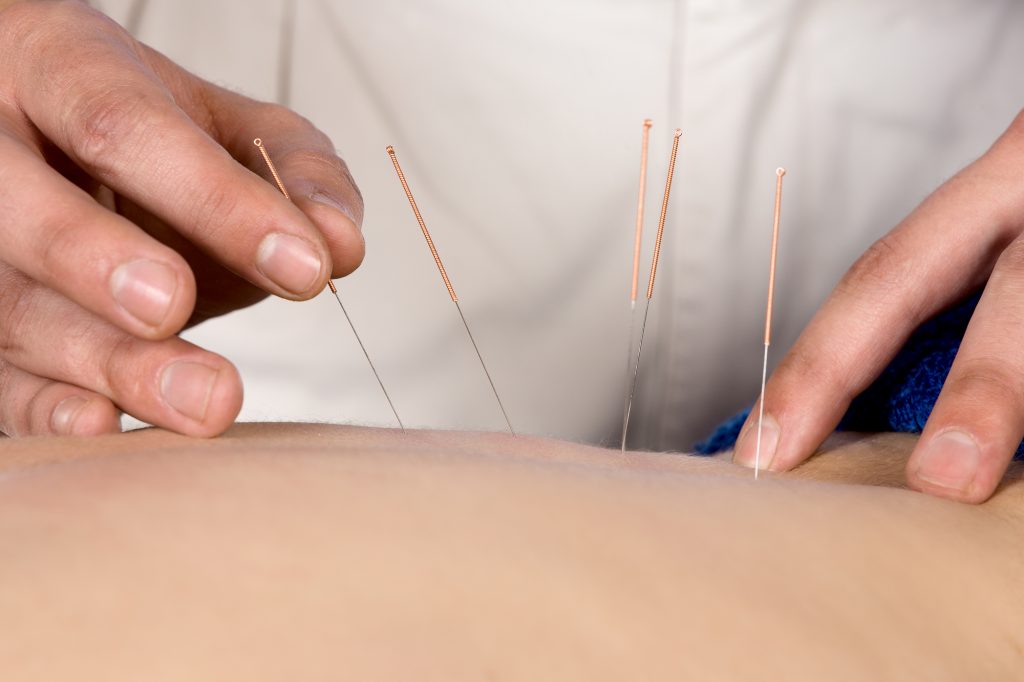
Written by Fay Smith
Traditional holistic approaches focus on multidimensional wellness aspects involving movement, meditation, and using food, supplements, herbs, essential oils, and homeopathic remedies as medicine.
People may consider these holistic approaches as alternative remedies to help with cancer treatment. But while these alternatives don’t play a direct role in curing cancer, they may help you cope with the signs and symptoms of this disease.
Some cancers like lung, colon, breast, and prostate cancer are more prevalent than others. There are also types of cancer, like mesothelioma, which is directly linked to asbestos exposure.
The Mesothelioma Group’s site provides an informative resource on the stages of mesothelioma, its diagnosis, and treatment options for its symptoms.
What holistic approaches may help manage cancer and its side effects? Are there any benefits to using such methods in addressing the side effects of rare cancers?
This article explores the various ways to manage cancer holistically. Additionally, the article discusses the advantages of managing the disease’s side effects using the holistic approach.
Holistic Ways to Help Manage or Treat Cancer and its Side Effects
People often use the term holistic approach or alternative medicine to refer to methods healthcare providers don’t usually offer.
However, researchers continue to study these alternative remedies to help gather evidence to determine whether healthcare professionals can use these methods alongside standard treatments.
When used with standard medical therapies, these evidence-based integrative medicine methods may help relieve various symptoms related to cancer and its treatment.
However, these alternative or integrative treatments generally aren’t potent enough to replace standard medicine completely. So if you or someone you know has cancer, discuss your options with your healthcare provider to find the right mix of alternative and standard treatments.
Holistic and alternative methods that can aid in treating cancer and its side effects include:
- Acupuncture: This method involves inserting tiny needles into your skin at specific points.
Studies suggest acupuncture may help relieve nausea caused by chemotherapy. Acupuncture may also help relieve pain in people with cancer.
If you wish to try acupuncture, ensure that a licensed practitioner performs this technique using sterile needles.
Acupuncture isn’t recommended if you have a low blood count or if you’re taking blood thinners. So it’s best to consult your healthcare provider before you proceed with this procedure.
Another related method is acupressure, in which a practitioner applies mild pressure instead of needles to various areas of your body to help relieve nausea.
- Aromatherapy: This technique uses fragrant essential oils for various therapeutic benefits like relieving stress, managing anxiety, and promoting sleep.
You can add oils infused with scents like lavender, chamomile, citrus, and peppermint to your bath water or apply these oils to your skin during a massage. You can also heat the fragrant oils to release their scents into the air.
Aromatherapy may help relieve cancer symptoms like nausea, pain, and stress.
While you can perform aromatherapy on your own or with a practitioner with relative safety, some oils applied to the skin can cause allergies. Talk to a medical provider to determine which oils are best for you.
- Massage: Massages comprise different techniques that involve kneading your skin, tendons, and muscles to promote relaxation and help relieve stress and muscle tension.
Research shows that massage therapy can be a part of supportive care for cancer patients who are interested in trying this method.
Clinical practice guidelines recommend massage as one approach to help with anxiety, stress, fatigue, depression, and quality of life.
Some cancer centers have massage therapists among their staff. Your healthcare provider can also refer you to a therapist who regularly works with individuals with cancer.
If you decide to have a massage, ask your therapist to avoid tumors, surgical scars, or radiation treatment areas. Meanwhile, if you have bone cancer or other related diseases like osteoporosis, tell your massage therapist to use light pressure.
- Cognitive behavioral therapy (CBT): This method is a form of talk therapy wherein a mental health counselor works to help you see challenging situations better so you can respond to these events more effectively.
CBT may help individuals with cancer manage their sleep problems by identifying and replacing behaviors and thoughts that are causing or worsening their sleep issues, promoting sound sleep.
One study noted that oncology practitioners can consider integrating CBT in various ways to allow nonpharmacologic treatments to aid in cancer symptom management.
Benefits of the Holistic Approach in Helping Treat the Side Effects of Rare Cancers
Holistic health is a life approach that encourages individuals to acknowledge the whole person through physical, emotional, mental, social, intellectual, and spiritual aspects. These alternative methods may help individuals deal with various health conditions, including cancer.
Although alternative treatments can’t cure your cancer, they may provide some relief from the signs and symptoms of the disease.
Cancers, including rare ones, can cause numerous side effects, including pain, anxiety, fatigue, nausea, stress, and sleep problems. Holistic treatment methods may help manage these adverse effects.
For example, if you’re experiencing anxiety, try massage, meditation, relaxation techniques, or music therapy to help relieve this symptom.
Meanwhile, if you’re stressed, go for aromatherapy, yoga, or exercise. For pain, consider acupuncture, massage, or hypnosis.
These alternative methods aren’t meant to replace standard cancer treatments, so you must consult a doctor or oncologist about how you can incorporate these remedies to help you cope with cancer and its symptoms.
To learn more about alternative medicine or the holistic approach to help with cancer, contact the National Cancer Institute at 1-800-422-6237 or visit cancer.gov.
If you are interested in more information visit AIHCP’s Holistic & Integrative Health Care Practice Certification Program Here
References
What is Holistic Health?
https://www.wcsu.edu/ihhs/what-is-holistic-health/
Alternative cancer treatments: 11 options to consider
https://www.mayoclinic.org/tests-procedures/cancer-treatment/in-depth/cancer-treatment/art-20047246
Aromatherapy: Do Essential Oils Really Work?
Massage Therapy for Health : What the Science Says
https://www.nccih.nih.gov/health/providers/digest/massage-therapy-for-health-science
Cognitive Behavior Therapy for Patients With Cancer
https://www.ncbi.nlm.nih.gov/pmc/articles/PMC4577033/
What is Holistic Health?
https://www.wcsu.edu/ihhs/what-is-holistic-health/


